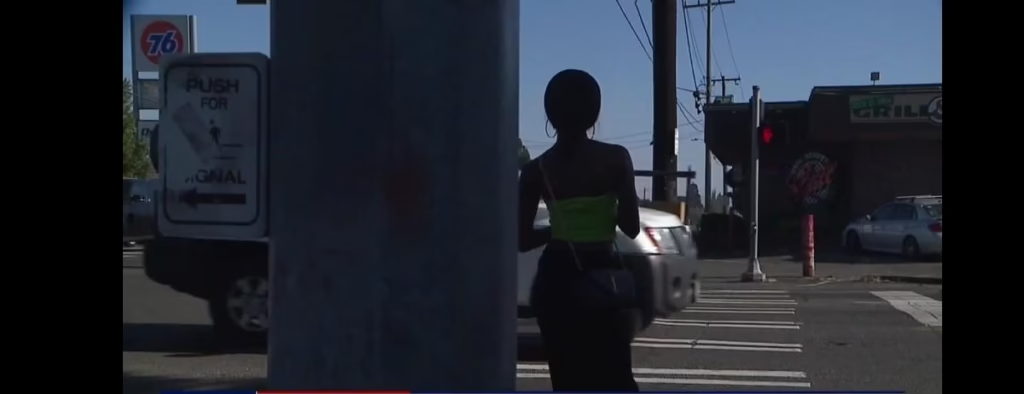
Seattle Takes Action Against Sex Trafficking and Drug Crimes on Aurora Avenue
Seattle is intensifying its fight against sex trafficking and drug-related crimes, particularly along Aurora Avenue North, a corridor notorious for persistent criminal activity. With newly implemented Stay Out of Areas of Prostitution (SOAP) and Stay Out of Drug Areas (SODA) zones, the city aims to address public safety while providing services for survivors and reducing demand for exploitation.
Persistent Challenges on Aurora Avenue
Aurora Avenue remains a focal point for addressing commercial sexual exploitation (CSE) despite long-standing efforts. According to tow truck driver Darian Laughlin, the visibility of street prostitution has decreased slightly, but the impact on families is still profound. “Aurora is not what it used to be… I’ve got four kids, three of which are girls, and I don’t want them seeing that on the roads,” he shared in a KOMO News report.
Expanded Services for Survivors
Seattle has prioritized increasing funding for survivor-centered programs. In 2024, the city allocated an additional $3.3 million to CSE services, with plans to add another $2 million in 2025. Tanya Forsyth, a senior planner with the Mayor’s Office on Domestic Violence and Sexual Assault, emphasized the need for a nuanced approach: “We have children being trafficked, autonomous sex workers, and a spectrum of exploitation—all requiring tailored responses.”
Survivor-focused initiatives, such as The More We Love organization, highlight how the focus has shifted toward holding traffickers and buyers accountable. Sarah Ann Hamilton, a survivor and Director of Survivor Services at the organization, expressed optimism about the new SOAP legislation: “As a survivor myself, I find it incredibly powerful that these laws prioritize accountability for traffickers and buyers rather than criminalizing the exploited.”
Legislative and Enforcement Measures
Seattle’s City Council recently introduced measures to combat CSE and drug crimes, including the creation of SOAP and SODA zones.
- SOAP Zone: Covers Aurora Avenue North between N 85th St and N 145th St, extending two blocks on either side.
- SODA Zones: Established in six neighborhoods, including Belltown, Pioneer Square, Capitol Hill, and the Chinatown-International District.
Councilmember Cathy Moore, a proponent of the legislation, stated, “This is a victory for community safety along Aurora Avenue North, which has seen escalating violence related to commercial sexual exploitation.”
Debates on Effectiveness
While proponents argue that SOAP and SODA zones disrupt criminal activity, critics question their effectiveness. Some research suggests individuals often return to banned areas, and there are concerns about disproportionately impacting vulnerable populations, including sex workers and communities of color.
Councilmember Robert Kettle emphasized a balanced approach: “We must start with compassion and empathy for affected individuals but also consider the whole community’s well-being.”
Moving Forward
Seattle’s multi-pronged strategy includes ongoing evaluations of SOAP and SODA zones’ impact, increased funding for survivor services, and demand-reduction programs like the Sex Buyers Intervention Program. Addressing root causes, such as poverty and trauma, remains central to achieving lasting solutions.
For more on Seattle’s initiatives to combat crime and support survivors, visit Seattle.gov.
